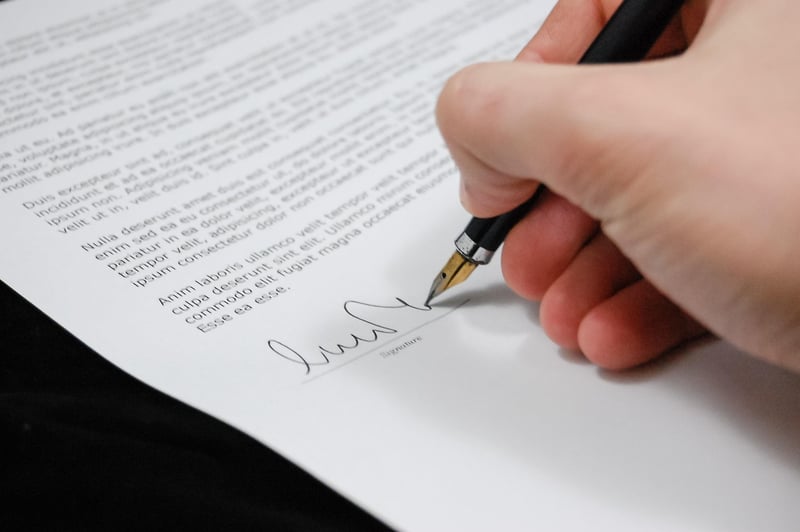Documentation
The Importance of Understanding Formalities and Documentation
When it comes to navigating through various processes in both personal and professional settings, understanding formalities and documentation is crucial. Whether you are dealing with legal matters, financial transactions, or official procedures, having a good grasp of the required formalities and documentation can make a significant difference.
Why are Formalities Important?
Formalities are established procedures or rules that need to be followed in specific situations. They ensure that processes are carried out correctly, consistently, and legally. By understanding and adhering to formalities, you can avoid misunderstandings, disputes, or potential legal consequences.
Key Aspects of Formalities:
- Legal Compliance: Following formalities helps you comply with relevant laws and regulations.
- Professionalism: Adhering to formalities demonstrates professionalism and respect for established norms.
- Clarity: Formalities provide clarity and structure to processes, reducing ambiguity.
- Security: Formalities can act as safeguards to protect parties involved in transactions or agreements.
The Role of Documentation
Documentation plays a vital role in supporting and recording various transactions, decisions, or agreements. It serves as tangible evidence of events and commitments, helping to establish clarity and accountability.
Types of Documentation:
- Contracts: Legal documents outlining agreements between parties.
- Reports: Formal documents presenting findings, analyses, or recommendations.
- Invoices: Documents specifying payment details for goods or services provided.
- Policies: Written guidelines or rules for behavior and decision-making.
Importance of Proper Documentation:
Having accurate and complete documentation is essential for several reasons:
- Legal Protection: Proper documentation can protect you in case of disputes or legal issues.
- Transparency: Documentation promotes transparency and trust in transactions or decisions.
- Record Keeping: Documents serve as records for future reference or audits.
- Communication: Documentation facilitates clear communication and understanding among parties involved.
Conclusion
Understanding formalities and documentation is not only about compliance but also about efficiency, clarity, and professionalism. By recognizing the importance of following established procedures and maintaining proper documentation, you can navigate various processes with confidence and credibility.


For more information on formalities and documentation, visit Business.gov.au.
